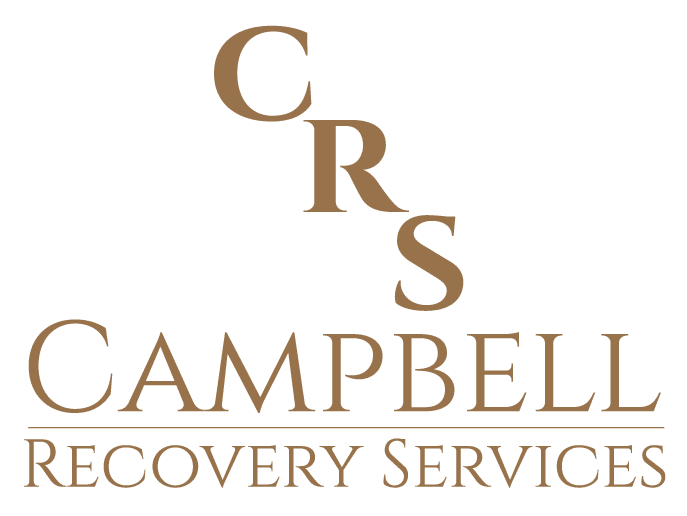Proposed in 1968 by psychiatrist Stephen Karpman, the Karpman Drama Triangle illustrates dysfunctional social interactions. There are three key players in this model making up the corners of the triangle, the persecutor, rescuer and victim. Most often used in psychotherapy, the drama triangle demonstrates destructive interactions and conflicts between these roles. By realizing the role that you play in the drama triangle, you can become more aware of your participation in continuing conflicts, making it possible to make important changes.
The Roles Within the Karpman Drama Triangle; Persecutor, Rescuer, Victim
The persecutor is often angry, either openly or passively. Their behaviors may come across as aggressive, judgmental, or demanding. This role does not typically listen to or value the opinions of others. The rescuer may appear self-sacrificing and helpful. However, they often undervalue others’ ability to help themselves. They thrive on being needed and can often be overly involved to a fault. The victim is someone that frequently does not value themselves, instead choosing to defer to others when making decisions. They are often seen as helpless and needy with a downtrodden view of the world. Victims will frequently blame others for things that are wrong in their life and are prone to complaining.
Being stuck in any of these three roles in problematic and can create conflict and challenges in your relationships. By their nature each feeds off one another, which can make it easy to become stuck in a cycle within the drama triangle. The goal, instead of falling into one of these three roles that make up each corner of the Karpman Drama Triangle, is to fall into the middle. In this area, you are in a healthy space and the those around you are as well.
Tools for Stepping Out of the Karpman Drama Triangle
Each of the roles in the Karpman Drama Triangle have their own struggles and challenges. If you find yourself falling into the role of persecutor, rescuer, or victim there are ways to move yourself out of this position. The first important step is to become aware of the role that you play in the drama triangle and how your actions are contributing to this unhealthy conflict. Once you are aware of this, you can work to make changes in your life and how you interact with others that will move you into a healthier space.
These habits and behaviors are often ingrained in us and can be difficult to break. A trained therapist, specializing in psychotherapy, can help you to make these changes and give you the tools for lasting success. While you may not be able to change who you are, you can change the way that you handle conflict and drama, making for a healthier and happier environment.
When stuck in this triangle without changing behavior, this can quickly become a never-ending cycle of conflict and turmoil. A trained therapist can help you to understand the part that you play in the Karpman Drama Triangle, making the necessary changes to your behavior to ensure long-term success.





